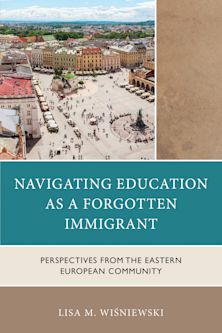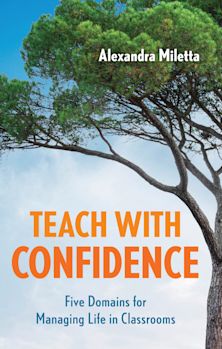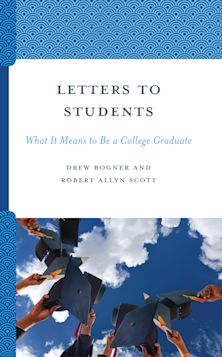Bloomsbury Home
- Home
- ACADEMIC
- Education
- Education - Other
- Service-Learning and the Liberal Arts
Service-Learning and the Liberal Arts
How and Why It Works
Craig A. Rimmerman (Anthology Editor) , W Averell H. Bauder (Contributor) , Patrick M. Collins (Contributor) , David Craig (Contributor) , Debra DeMeis (Contributor) , Michael Dobkowski (Contributor) , Katie Flowers (Contributor) , Mark Gearan (Contributor) , Jack D. Harris (Contributor) , Steven P. Lee (Contributor) , Jo Beth Mertens (Contributor) , H Wesley Perkins (Contributor) , Cynthia Sutton (Contributor) , Charles Temple (Contributor) , Mark D Gearan (Foreword)
Service-Learning and the Liberal Arts
How and Why It Works
Craig A. Rimmerman (Anthology Editor) , W Averell H. Bauder (Contributor) , Patrick M. Collins (Contributor) , David Craig (Contributor) , Debra DeMeis (Contributor) , Michael Dobkowski (Contributor) , Katie Flowers (Contributor) , Mark Gearan (Contributor) , Jack D. Harris (Contributor) , Steven P. Lee (Contributor) , Jo Beth Mertens (Contributor) , H Wesley Perkins (Contributor) , Cynthia Sutton (Contributor) , Charles Temple (Contributor) , Mark D Gearan (Foreword)
This product is usually dispatched within 3 days
- Delivery and returns info
-
Free US delivery on orders $35 or over
You must sign in to add this item to your wishlist. Please sign in or create an account
Description
What are the connections between service-learning and a liberal arts education? That is the central question of this volume and scholars from a variety disciplines-Chemistry, Economics, Education, Philosophy, Political Science, Psychology, Public Policy, Religious Studies, and Sociology-answer it here. The scholars collected by Craig A. Rimmerman ground their essays in the positive assumption about the importance of service-learning in contributing to students' moral, ethical, and social development within the broader context of a liberal arts education.
The contributors engage in the critique of service and then respond to that critique within the context of their individual chapters. Readers will have a better understanding of what does and does not work in and out of the classroom and why. The practical appeal of this volume lies in the fact that other teachers and students who are interested in both developing their own service-learning courses and connecting those courses to broader issues of citizenship, democracy, and theories of justice, ethics, and morality can find advice and applications of successful service-learning endeavors within it.
Table of Contents
2 Dedication
Chapter 3 Preface
Chapter 4 Acknowledgments
Chapter 5 Introduction
Chapter 6 1. Service-Learning in an Ethics Course
Chapter 7 2. Service-Learning: Process and Participation
Chapter 8 3. Too Much of a Good Thing: When Service Interferes with Learning
Chapter 9 4. Teaching the Unteachable: Service-Learning and Engagement in theTeaching of Genocide and the Holocaust
Chapter 10 5. Service-Learning and Public Policy
Chapter 11 6. Does Skill Count? A Reflection on the America Reads Experience
Chapter 12 7. Incorporating Service-Learning in Quantitative Methods Economics Courses
Chapter 13 8. Service-Learning in a Bidisciplinary Course: A Chronological and Conceptual Journey, 1995-2006
Chapter 14 9. Learning about and Helping to Prevent Alcohol and Other Drug Abuse through Service-Learning Initiatives
Chapter 15 10. The Role of the Public Service Office in Service-Learning at Hobart and William Smith Colleges
Chapter 16 11. Service-Learning Lessons
Product details
| Published | Jun 30 2011 |
|---|---|
| Format | Paperback |
| Edition | 1st |
| Extent | 228 |
| ISBN | 9780739121221 |
| Imprint | Lexington Books |
| Dimensions | 9 x 6 inches |
| Publisher | Bloomsbury Publishing |
About the contributors
Reviews
-
This is a refreshing book that provides readers with opportunities to think about how to effectively use service-learning in their courses. As one who has used service-learning scores of times, I completed this book with a new understanding of its value to the liberal arts, new ideas for how I can deepen my own use of the pedagogy, and a renewed enthusiasm for service-learning as a method to better educate my students.
Joseph Cammarano, Providence College

































